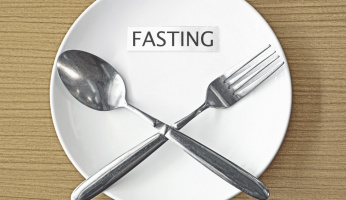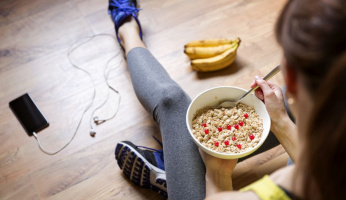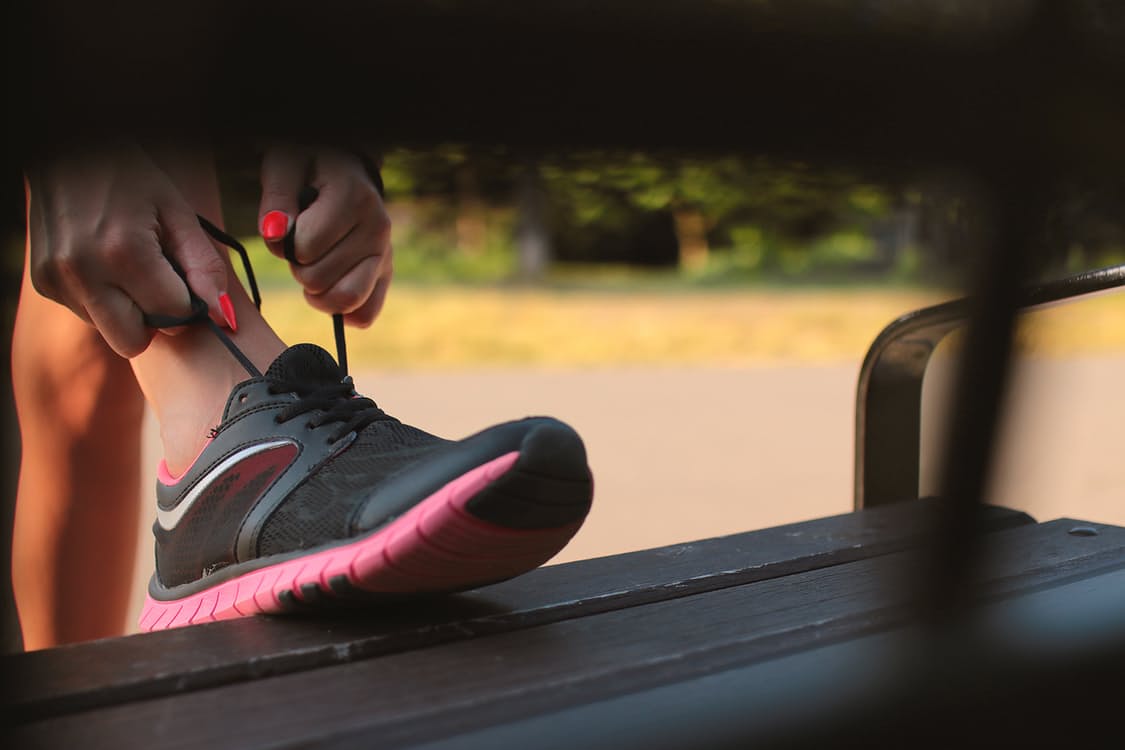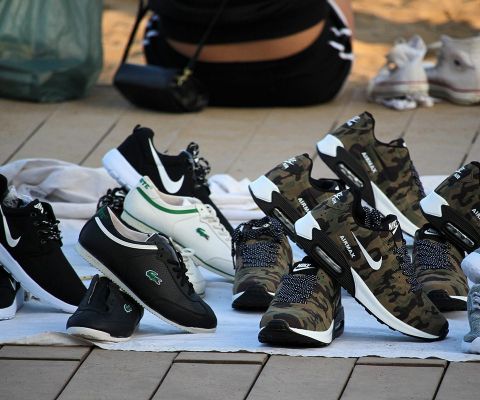Most Common Nutritional Mistakes Runners Make
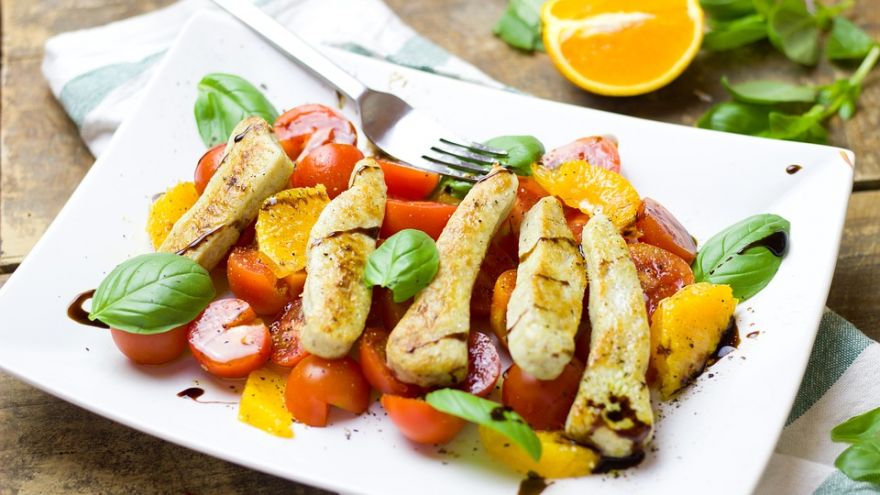
The activities that you are doing throughout the day will determine the volume of nutrients needed to fuel your body. And the biggest mistake is not consuming enough. When you are running, you burn around 100 calories per mile and this is dependent on how much you weigh and how strenuous the run is. If you do not consume enough calories to nourish your body for a run, your body will hit a “brick wall.” This means your body will not be able to perform. That is why today we discuss the most common mistakes when it comes to nutrition for runners.
In 2019, I ran 10 miles for the first time. Preparing for the run I consumed the same amount of calories I would normally eat for a 4-mile run. That was my first mistake. But, to cut me some slack, I had only planned to run 5 miles. So, I was kind of prepared.
I went out for the run with my run group, The Crew, and I felt great! So, I continued running. Then, I hit 7.5 miles and I could not lift my legs to run. I could ONLY walk. Needless to say, after that run I consumed my weight in calories because I felt completely drained and burned out.
Weight Loss
Running is a great exercise to do to increase muscle mass and loss weight. An important fact to remember is that you must consume enough nutrients to fuel your body through exercise and through the day.
During weight loss, nutrition and balance are imperative to your health. If you are not consuming enough vitamins, minerals, fat, carbohydrates, protein, and water, you may put yourself in the position to experience decreasing muscle mass and bone density, hormonal issues, injury, decreased energy, and dehydration. So, if you think you may be having issues with consuming the proper amount of food to fuel your body, contact your Physician or Primary Care Provider (PCP) for a referral to a Nutritionist.
Consulting a Nutritionist will help you take some of the burden of meal planning off of your shoulders. Nutritionists are a great resource for helping with meal planning and education on your personal nutritional needs.
Carbohydrates
The preferred method of fuel for your body during a run or any other high-intensity workout is carbohydrates, better known as carbs. Carbs are what your body uses to power your through the run before it switches to the consumption of lactic acid.

The intensity and duration of your workout will determine the amount of carbs you need to consume. Below you will find the carbohydrate suggestions made by the Mayo Clinic Staff.
- Carbs for the average workout — If you are in good shape and want to fuel a daily, light-intensity workout, eat about 3 to 5 grams of carbohydrates for every kilogram of body weight. For someone who weighs 150 pounds (68 kilograms) that’s between 200 and 340 grams a day.
- Carbs for longer workouts — If you exercise more than an hour a day, you may need 6 to 10 grams of carbs per kilogram of body weight. For a 150-pound person, that’s 408 to 680 grams a day.
Fats
There is no nutrient that does not play a vital role in the overall health and well-being of an individual. Fats and proteins have their place also. And as I stated earlier balance is needed.

Fats are important for cushioning and insulating your organs and fueling your brain. They are also needed for breaking down and absorption of certain vitamins. Fat also stores the vitamins A, D, E, and K for use later use.
These vitamins:
- Assist each other in absorption and storage
- Help with bone development
- Help with sight
- Protect the body
Proteins

Proteins aid in the construction and repair of muscles. This makes eating a protein after a run very important. Some protein-rich meals that you could try are as follows:
For weight loss
- Hummus and vegetables
- Boiled eggs with fruit
- Vegetable omelet
- Fruits and peanut butter
For building muscle
- Chocolate milk
- Whey protein
- Chicken and veggies
- Cottage cheese and fruit or vegetables
- Pea protein powder (for those with dietary restrictions)
For long-distance runs
- Burrito bowl
- Chicken with pasta and a vegetable
- Salmon, rice, and a vegetable
- Oatmeal with fruit and chia seeds
- Greek yogurt with fruit and granola
Before a workout, make sure you eat your meal around 1 to 3 hours prior to help avoid any issues with your stomach. And for post-workout meals, it is suggested to consume them up to 15 minutes afterward to help in muscle growth and repair. Smoothies are a great source of carbs, protein, and fluids.
Nutrition & Recipe Tracking
From pre-run, post-run, recovery fuel, and more, different recipes are needed for varying times during training. Plus, each runner’s nutritional needs are different, so your recipes will vary widely.
So, runners make the mistake of not tracking meals and the recipes that work or don’t work for them.
For this reason, we like the recipe organizer app from our friends at Morsel. You can curate your run fuel recipe book with specific categories, easily edit recipes when you make improvements to them, collaborate on a full run recipe book with your friends, family, trainer, or run buddies, and even have a printed version made.
To Sum It Up
When it comes to nutrition for runners, balance is imperative. You want to make sure you are consuming enough food to fuel you through the day and your workouts. Vitamins, minerals, fat, protein, and carbs all play their role in building, restoring, and fueling the body. Remember, if you are having any issues with eating balanced meals your local Nutritionists are great resources.
Food is great for us! Make your meals fun and exciting by trying out different recipes. You never know, you may find a new hobby ☺.
Sources
- , Vitamins and Minerals, Org
- , Nutrition and healthy eating, Clinic
- , The 15 Best Foods to Eat After Running, Health Information Website






